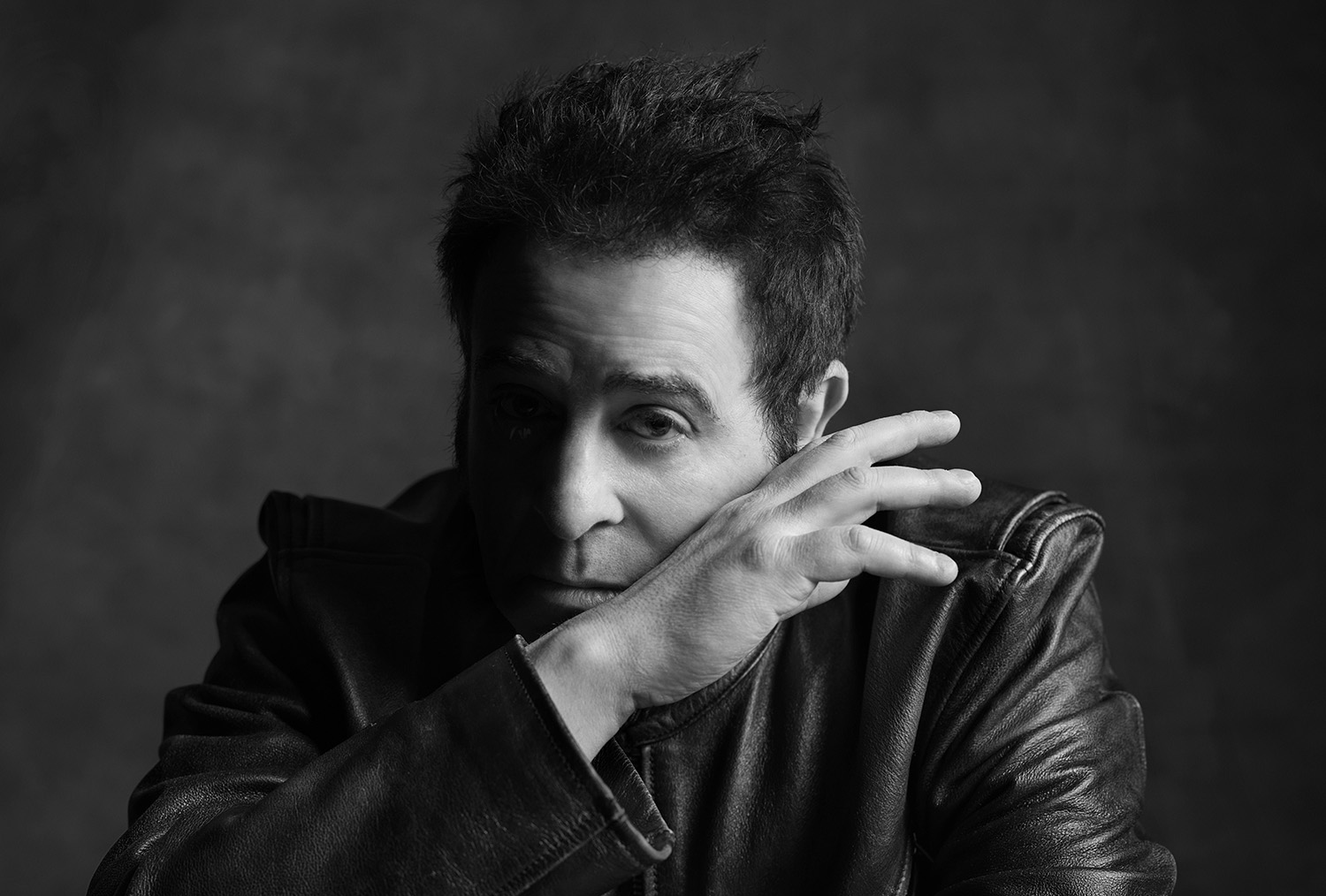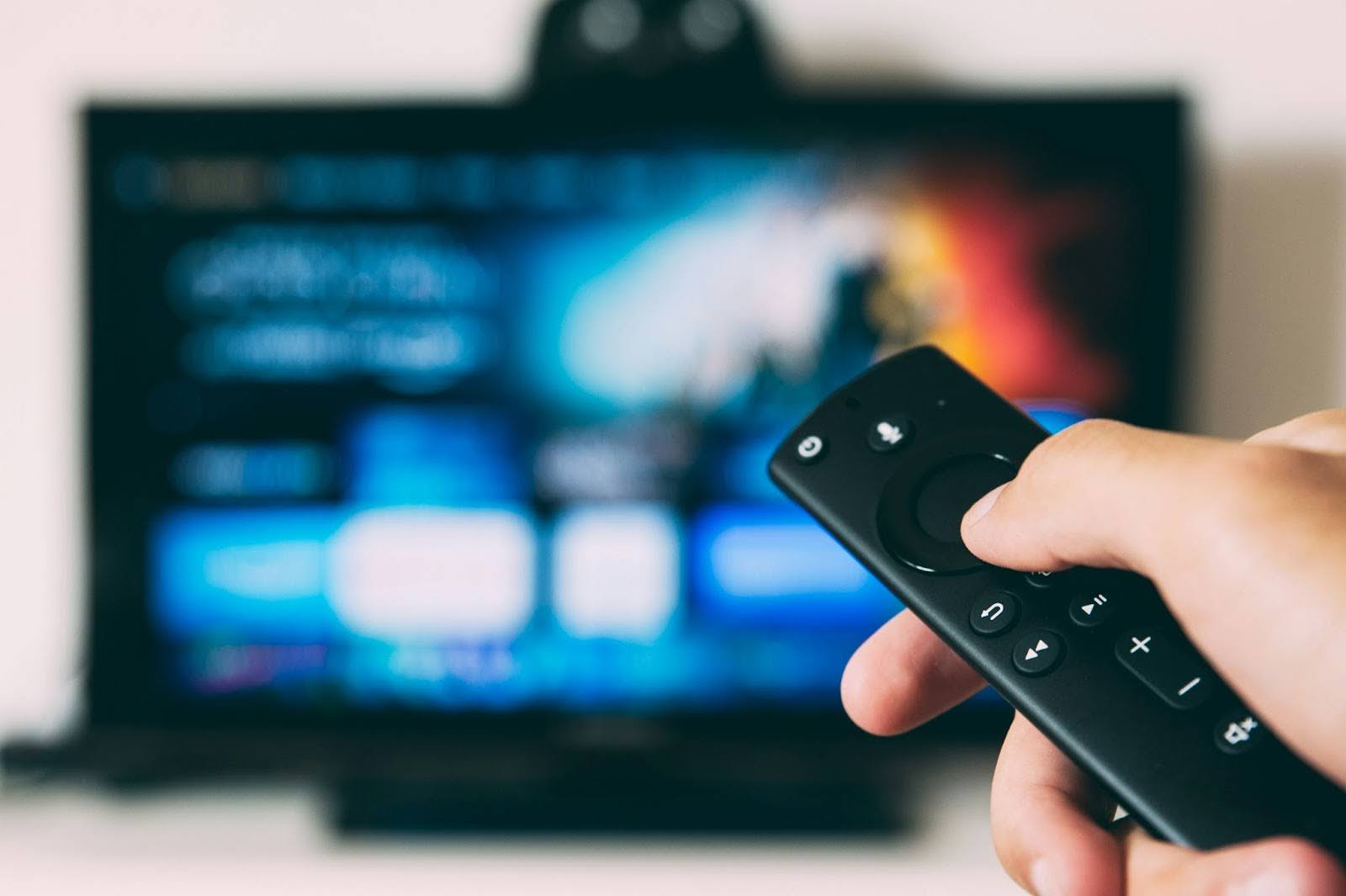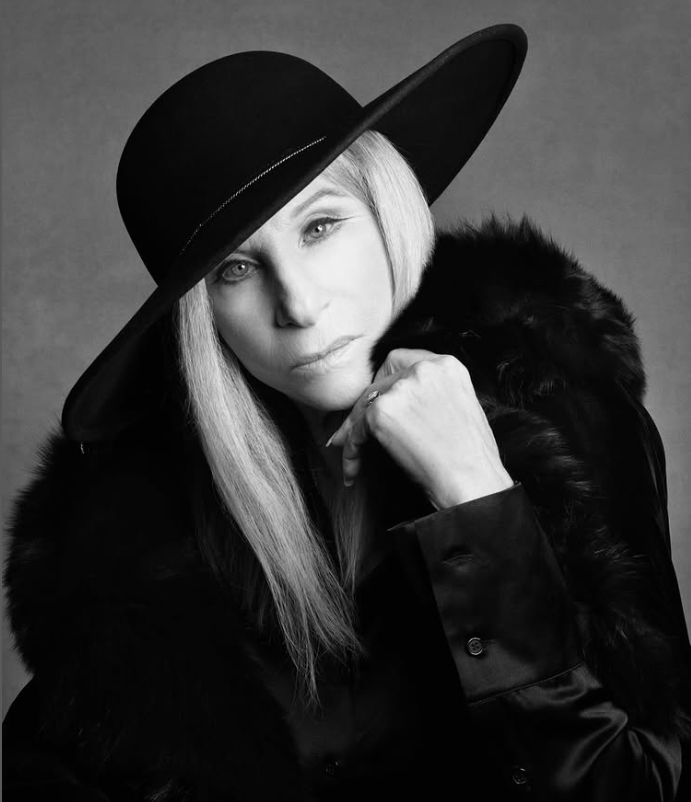Trending
Golden Globes: HFPA Nominates “Emily in Paris”, Snubs “I May Destroy You”
03 Feb, 21

Emily in Paris
Stephanie Branchu/Netflix/Kobal/Shutterstock
Here’s the setup: a young but accomplished social-media maven is in over her head in the professional world where she finds herself in a major European capital (for the sake of argument, we’ll pretend England is still part of the EU).
She has a complicated romantic life, and she wants to be successful — just not quite as much as she wants to enjoy herself. We follow her as she learns to navigate often overwhelming circumstances and how to stick up for herself — with a lot of help from some close friends.
In the case of Emily in Paris it’s a set-up for some frivolous fun that has been widely panned for its lack of realism and reliance on clichés. In I May Destroy You it’s a serious story about sexual assault and the challenge of confronting trauma, which has been widely praised for its power and realism, and regularly held up as a contender for the best show of 2020.
I May Destroy You | Official Trailer | HBOwww.youtube.com
Now, as the Hollywood Foreign Press Association announces nominees for the 78th Golden Globe Awards, try to guess which of these shows just received two nominations… If you picked the one from Sex and the City creator Darren Star, starring Phil Collins’ daughter — who happens to be just as white as all the other nominees in her category — congratulations, you’ve clearly encountered Hollywood before.
Unlike Lily Collins, Michaela Coel of I May Destroy You wasn’t born into privilege and the nepotism of the entertainment industry. The daughter of Ghanaian immigrants to London, Coel made her own success as a writer and actress with her acclaimed Netflix sitcom Chewing Gum before creating her groundbreaking drama for BBC One and HBO.
Of course this may all seem like an unfair comparison. After all, Lily Collins and Emily in Paris received nominations for both Best Series and Best Performance in the “Comedy or Musical” category (which somehow manages to feel even more dated than the rest of the award show nonsense), while I May Destroy You was relegated to the limited series category — with some admittedly strong competition from the likes of Small Axe, Unorthodox, and The Undoing.
The two shows weren’t even being considered for the same category. Isn’t this a game of apples and oranges?
On the other hand, while no one could reasonably call I May Destroy You a comedy, at times it manages to be so much more cuttingly funny than Emily in Paris‘s one-note rehashing of fish-out-of-water tropes. And the issue is only marginally better when examined more closely.
Emily in Paris | Official Trailer | Netflixwww.youtube.com
Did Emily in Paris truly deliver a better comedy experience in 2020 than Insecure, Bob’s Burgers, Superstore, Upload, The Good Place, BoJack Horseman,Truth Seekers, Solar Opposites, Woke, Space Force, I Am Not Okay With This, or a dozen other shows that weren’t nominated? Definitely not. It doesn’t belong.
And in the Limited Series category, the exclusion of I May Destroy You casts an unflattering light on the nominees.
For all its charm, was The Queen’s Gambit‘s thin story and clumsy handling of addiction — solved by a Black savior character — really more worthy of recognition? It was certainly more approachable. Was Anya Taylor-Joy’s stolid performance more affecting than Coel’s defiant struggle to rebuild herself, or was it bolstered by the shows incredible ratings and by her performance in Emma — for which she was also nominated?
And were Normal People‘s familiar star-crossed lovers or Mrs. America’s effort to humanize a reactionary political icon more groundbreaking than Coel’s unflinching exploration of trauma? Or did they perhaps have more backing from their production companies, or creators with more industry connections?
What’s more important than picking out any of these competitors to compare unfavorably to what Michaela Coel achieved in I May Destroy You, is the reality that — despite some half-hearted attempts to respond to criticism in recent years, Hollywood awards shows continue to prop up a whitewashed and sterilized version of art and entertainment — perpetuating entrenched power structures and content that’s digestible to a mass audience.
Whether or not you accept that I May Destroy You is a better show than the nominees in that category, there is still a problem. It’s fundamentally a problem that a show as unambitious — as competently mediocre — as Emily in Paris can be honored with two nominations for one of the most prestigious awards in the industry, while a show that pushes the boundaries of what television can do receives none.
These two shows are merely the most obvious snub and the most baffling inclusion this year. But they are indicative of a broader issue.
The way the entertainment industry chooses to award one work over another is broken. It’s entirely possible that Michaela Coel just got on the wrong side of some powerful people. Or maybe her show was too intense — and too Black, and too female — for the HFPA’s taste.
Michaela Coel on Turning Down a Million Dollar Deal with Netflix | Edinburgh TV Festivalwww.youtube.com
Is the solution to change that tiny group of journalists who select nominees and winners — to introduce some younger, more diverse voices? Make them somehow less susceptible to industry influence? Or is it to change the categories so there is more room when there’s too much competition — and perhaps less room when an embarrassing filler seems like the only option? The answer is less clear than the fact that there’s a problem.
But considering the power of these awards — and even the nominations themselves — to grant shows renewed popularity, and lend cachet to their creators the least we can do is call it out when a deserving show from a young Black creator is overlooked, and when formulaic, familiar pabulum takes a spot it doesn’t deserve.
- I May Destroy You: Your Guide to Trauma-Informed Friendship … ›
- Golden Globe Jurors Talk Chadwick Boseman’s Posthumous Win – Popdust ›
- Best and Worst of the 2021 Golden Globes Awards – Popdust ›












